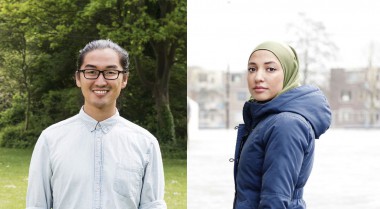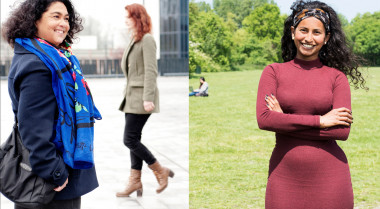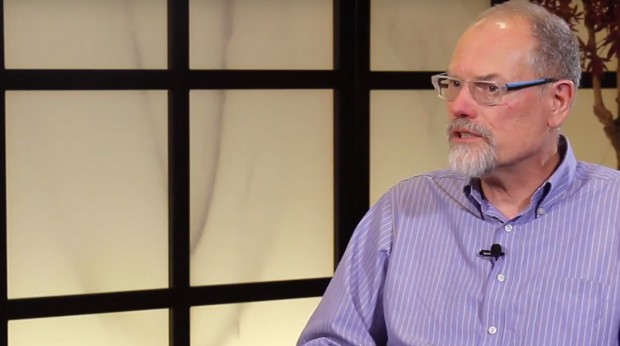
Outgoing Director Reflecting on 9 Years at GPPAC
After nine years with GPPAC, Executive Director Peter van Tuijl is leaving GPPAC. He has found a new challenge as Senior Advisor at the Partnership for Governance Reform in Indonesia. In this article Peter reflects and shares his thoughts on peacebuilding and GPPAC.
"It is apt that my reflection on the privilege of working among GPPAC members for nine years coincides with Peace Week. The United Nations International Day of Peace is a call to celebrate what should be inherent to the human condition: being safe and free from fear of violence. In reality, an increasing number of people are suffering as a result of conflicts every day. It is estimated that at least 10% of the world's population lives in conflict zones and fragile states. While the media covers the damage and the growing flow of refugees, the response of the international community is often inadequate.
An effort to turn the tide of violence will have to take three issues into account. First, the approach we use has to adapt to new configurations of war and peace. Second, it has to be accepted more broadly that resolving conflicts is no longer the task of governments alone. It demands an increase in civil society participation. Third, we need to reform institutions and develop new political processes to create and sustain human security.
If you want peace, refuse to be at war. It is a simple imperative in a time where many influential actors are taken by the idea that war is omnipresent. The most dangerous effect of declaring a global war on terror is that it creates a deadlock. If we have to prepare for violence always, anywhere and anytime, how can we ever return to not being at war?
Complexity of violence
In fact, traditional perceptions of ‘war and peace' are outdated. Violence is complex. It is dispersed by a multitude of actors, motivated by numerous reasons –political, commercial, ethnic, religious or criminal– and hardly ever restricted to borders. Neatly uniformed armies are increasingly faced with privately organised armed forces, guerrillas, mercenaries and other guns for hire. At the same time, peace as a state of calm brokered within the realm of governments is becoming less important in providing security and freedom from fear.
The quest for peace has shifted from stopping nations from fighting wars to halting violence in our immediate environment -a space wherein the legitimate force of government may well have disappeared. Just ask the growing numbers of people living in poor urbanised areas in mega-cities around the world.
Role of civil society
Building peace means establishing the conditions for human security. With an eroded monopoly on violence, governments are unable to provide these conditions on their own. The new configuration of violence requires a response based on more hybrid arrangements of information sharing, prevention, standard-setting, rules and enforcement regimes. This is where the role of civil society comes in.
Civil society organisations are often active where there is no or ineffective government. They can provide information to help prevent a conflict and help mediate between different parties. Refusing to be at war requires the will to take on greater responsibilities to stop violence in our immediate surroundings. It requires developing terms of engagement with governments and actors who endanger human security. Certainly at the local level, taking up such responsibilities is not without risk.
New relationships for peace
While the role of civil society has gained serious recognition in official policy and decision-making, the common response of governments, regional and international organisations is to keep a safe distance when it comes to issues of armed conflict. Yet, the cost of violence and human suffering is extremely high and does not allow for this passive attitude any longer.
For the peace movement, it is no longer enough to just object war. For governments, it is no longer acceptable to say that we are at war. We need a new relationship that eventually enables us to celebrate greater peace and human security together. I am happy and proud of the contribution that we continue to make as the Global Partnership for the Prevention of Armed Conflict (GPPAC). Networking can offer protection, moral support and learning experiences. It can build capacity and voice issues as input for political change. On the personal level, networking boosts inspiration and encouragement. I trust that GPPAC will continue to pursue its mission. I thank everyone in GPPAC for an incredible journey, and allowing me to be at the centre of your efforts."
Peter van Tuijl, Executive Director of GPPAC



